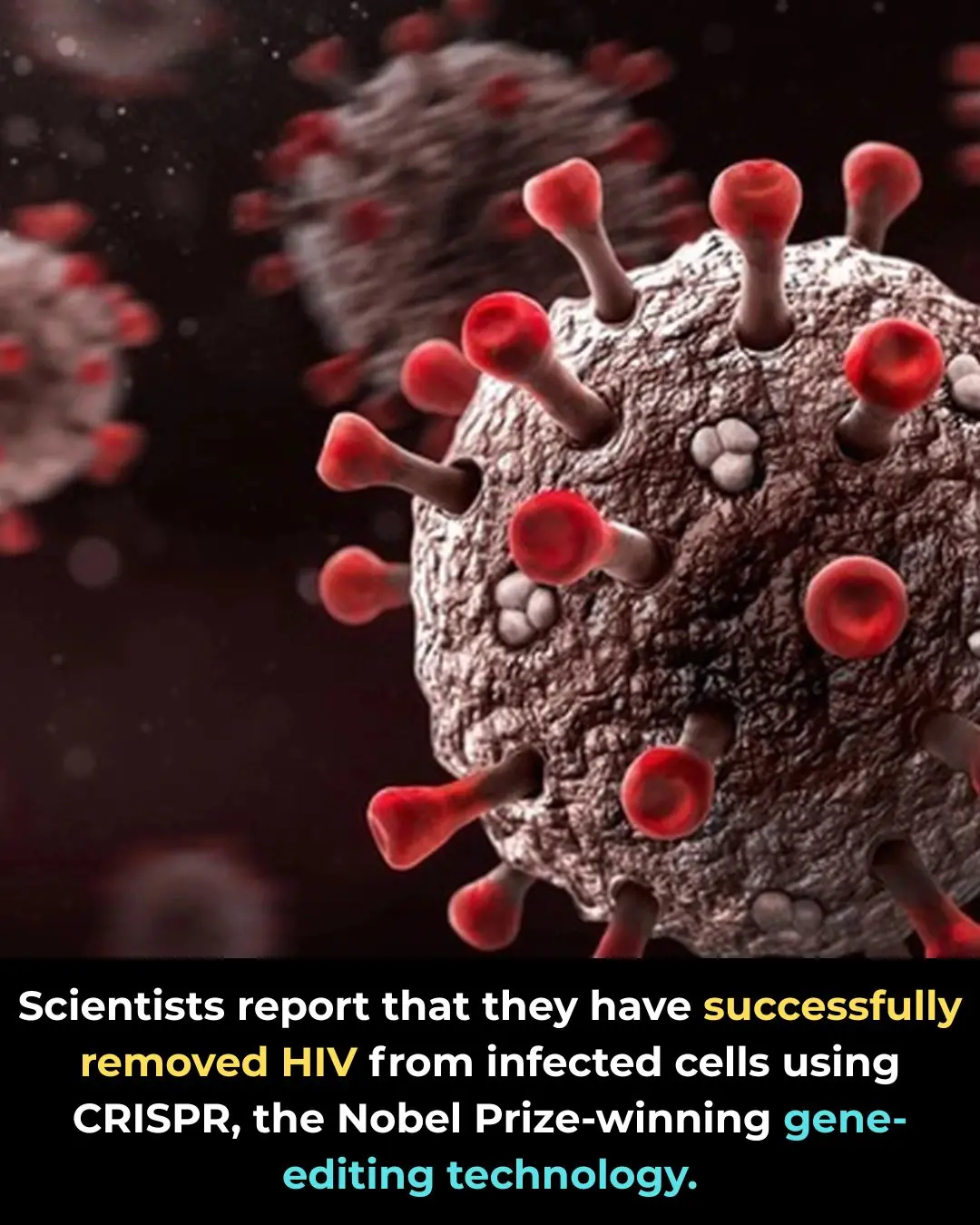
Morgan State Receives $100M In Research Funding, Largest Ever Investment For An HBCU In Maryland
They’re working toward R1 research status — and Morgan State University is showing the kind of momentum that puts this ambitious goal clearly within reach.
Morgan State University (MSU) has released its Fiscal Year 2023 (FY23) results, reporting a historic $100.8 million in grants, contracts and gifts, along with an additional $27 million Indefinite Delivery/Indefinite Quantity (IDIQ) contract with the National Institute of Standards and Technology (NIST). According to the university’s official report, this marks the largest research-related financial investment ever secured by a Historically Black College or University (HBCU) in Maryland. Major national outlets such as The Chronicle of Higher Education and Inside Higher Ed have also noted the unprecedented scale of Morgan’s research growth.

Of the FY23 total, $83.3 million comes from federal funding commitments — a record high for Morgan State as a Public Urban Research University. University president David K. Wilson emphasized that MSU’s research agenda is deeply mission-driven, addressing real problems in urban and underserved communities rather than producing work that is “esoteric” or disconnected from societal needs.
Expanded Research Capacity and Major Grants
FY23 represents the second consecutive year of growth, with an 11% increase over the previous fiscal year. MSU researchers submitted 321 new proposals asking for more than $385 million in funding and received 165 new awards. National education and policy publications such as Education Week and U.S. News & World Report have highlighted MSU’s expanding research footprint, especially in federal grant competitiveness.
Among the major new FY23 awards:
-
A $15 million five-year commitment for the MSU National Center for Transportation Management, Research and Development, supporting innovations in mobility, infrastructure, and transportation equity.
-
A $9 million five-year research grant focusing on diversity in artificial intelligence and machine learning—an area where Wired and MIT Technology Review have reported rising concern about fairness, bias, and algorithmic accountability.
-
A $5 million U.S. Department of Energy grant to study climate impacts in urban environments through an integrated field laboratory, advancing research on heat islands, extreme weather, and climate resilience.
-
A $5 million award to launch a major research and education hub at MSU, expanding public and private collaborations.
-
A $4.1 million digital equity grant to improve broadband access for underserved communities — a need widely documented by The Washington Post and The New York Times in recent analyses on America’s digital divide.
President Wilson stated that surpassing $100 million in research and related funding is a strong endorsement of Morgan’s growing national impact. He highlighted MSU’s leadership in combating AI bias, reducing educational disparities, addressing health inequities, strengthening cybersecurity research, and producing diverse STEM talent — priorities that major outlets like The Atlantic and Bloomberg have emphasized as critical for the nation’s workforce and technological future.
Philanthropy and Strategic Growth
Beyond federal and corporate funding, Morgan State received $17.5 million in philanthropic donations during FY23. Vice President for Research and Economic Development Willie E. May, Ph.D., noted that the university has met all of its FY23 research goals — significant progress toward the highly coveted Carnegie R1 (“very high research activity”) designation. Reports from The Wall Street Journal have underscored how R1 status dramatically elevates a university’s prestige, competitiveness, and capacity for long-term innovation.
President Wilson reiterated that MSU’s research strategy is not limited to advanced graduate students. Unlike many R1 institutions, Morgan intentionally integrates undergraduate students into its research enterprise, building a university model designed to develop research talent at all academic levels. This approach aligns with recommendations from The National Science Foundation and The American Council on Education, both of which emphasize early research engagement as a driver of workforce readiness and innovation.
A Clear Path Toward R1 Status
With its accelerating funding trajectory, growing doctoral output, expanded faculty hiring, new research centers, and strengthened partnerships, Morgan State University is rapidly approaching the benchmarks associated with R1 classification. Higher-education analysts from The Chronicle of Higher Education and Inside Higher Ed have noted that MSU is one of the most closely watched emerging research institutions in the country, particularly among HBCUs.
The university’s leadership has made it clear: continued investment, strategic expansion, and high-impact research will pave the way for MSU to reach the top tier of American research universities.
Congratulations to Morgan State — their R1 momentum is unmistakable.
News in the same category


France Reimagines Shelter Boundaries With Community Corn Walls

“New Research Reveals How Aging Impacts Male Fertility and Sperm Health”

Discover how eggs support your baby’s brain development — full details in the comments!”

Blueberries: A Powerful Daily Boost for Heart Health

😭 Backlash Follows Carlos Gu's Emotional Breakdown on Strictly Come Dancing

👑 Former Campmate James Haskell Backs Martin Kemp for King of the Jungle

📉 The Upside Down of Broadway: Stranger Things Play Faces Financial Turmoil Amid Soft Ticket Sales

🪂🐍 I’m A Celebrity… 2025 Launch: Winners Secure Steak Dinner as Kelly Brook & Campmates Face the ‘Cockie Van’

🎶 Shona McGarty: From Walford to the Wild and Her New Chapter in Music

👨👩👧👦 Peter and Emily Andre’s Son Theo Makes Rare Appearance in Family Home Video

🌴 Kelly Brook’s Jungle Challenge: Body Positivity, Feuds, and a U-Turn

👨👧👦 Sam Thompson Shares "Freaking Out" Fears Over Baby Plans with New Girlfriend

Why Is Sebastian Telfair Back Living in the Projects After Nearly $19M in NBA Money?

The Revolutionary Legacy of The Alvin Ailey Dance Theater

Memphis Teen Gives Back To Community By Giving Free Haircuts To The Homeless

Meet the Couple Making History as First Duo to Serve as HBCU Rectors Simultaneously

Rapper Lupe Fiasco Named Visiting Professor at Johns Hopkins’ Peabody Institute

NBA Star Anthony Edwards Gets Surprise Game Visit From His 82-Year-Old Grandfather

Vicky Pattison shares statement after sparking concerns with It Takes Two absence: ’So sorry’
News Post

Top 10 Uric Acid Foods To Avoid If You Have Gout

Belgium’s Floating Algae Mats: A Green Breakthrough in Urban Water Purification

France Reimagines Shelter Boundaries With Community Corn Walls

5 Simple Ways to Remove Rust from Knives – Make Your Dull, Rusty Knife Shiny and Sharp Again

5 Fruits on the ‘Blacklist’ That Can Cause Cancer – Avoid Buying Even If Cheap

“New Research Reveals How Aging Impacts Male Fertility and Sperm Health”

Pork Skin – The Often Overlooked Superfood

Don’t Throw Away Lemon Peels! Use Them for These 8 Household Tasks and Save a Ton of Money

10 surprising ways to use vinegar around the house

Stop eating these 10 things of CRAP

Mix Banana Peels With This and Leave It in a Corner — Roaches Will Disappear Overnight

Discover how eggs support your baby’s brain development — full details in the comments!”

Weak Toilet Flush and No Suction? A Simple Trick From a Professional That Fixes It Instantly

Five “Dirtiest” Parts of the Pig That Butchers Never Take Home for Their Own Families

Blueberries: A Powerful Daily Boost for Heart Health

The Whole Family of Three Was Diagnosed With Thyroid Nodules; the Mother Collapsed: “I Thought Those Two Things Were Always Good to Eat and Could Prevent Cancer”

Motherhood Rewires the Brain: Why Postpartum Recovery Takes Years, Not Weeks

Eating More Than One Egg a Week May Slash Alzheimer’s Risk by 47%

CRISPR Breakthrough Offers Hope for a Potential HIV Cure
